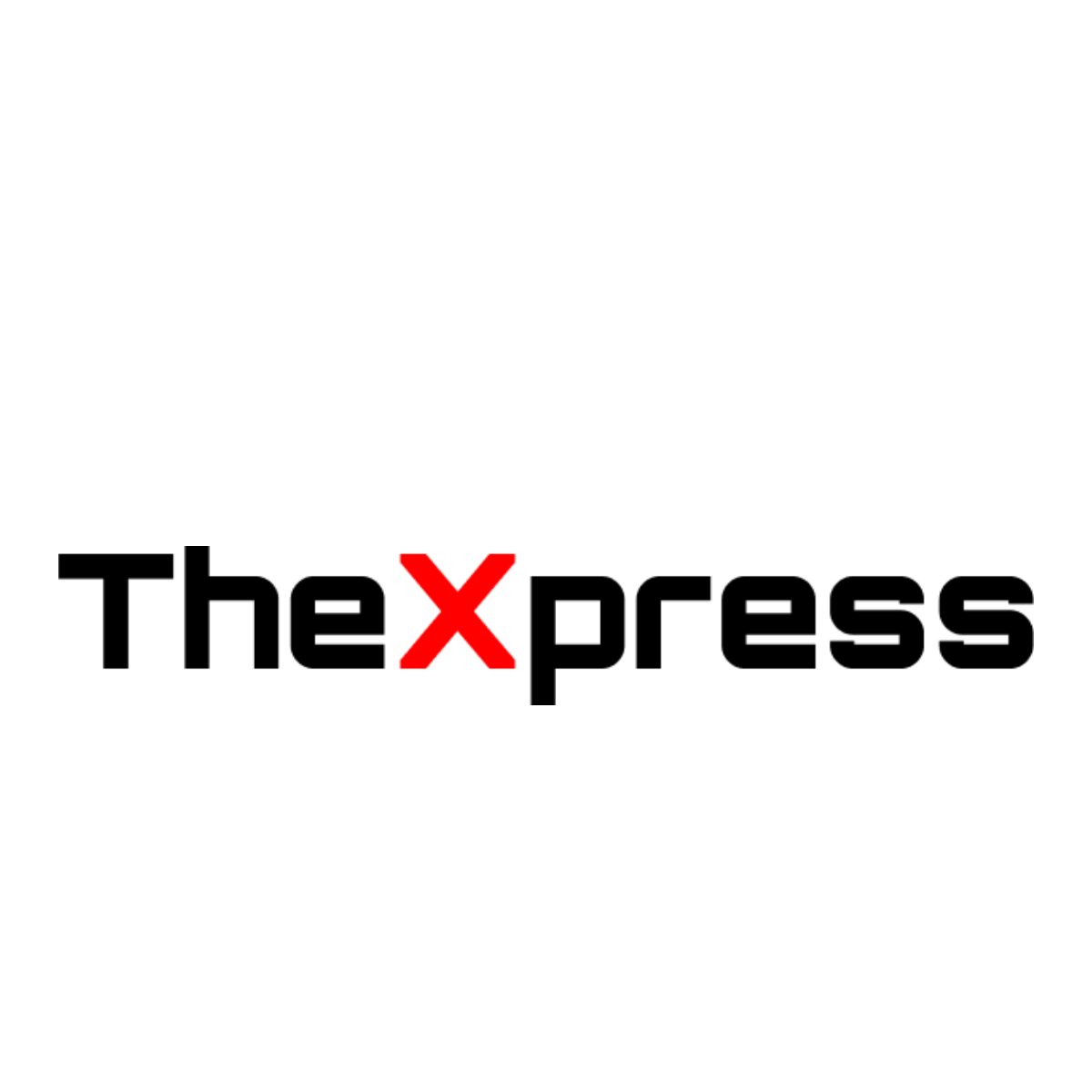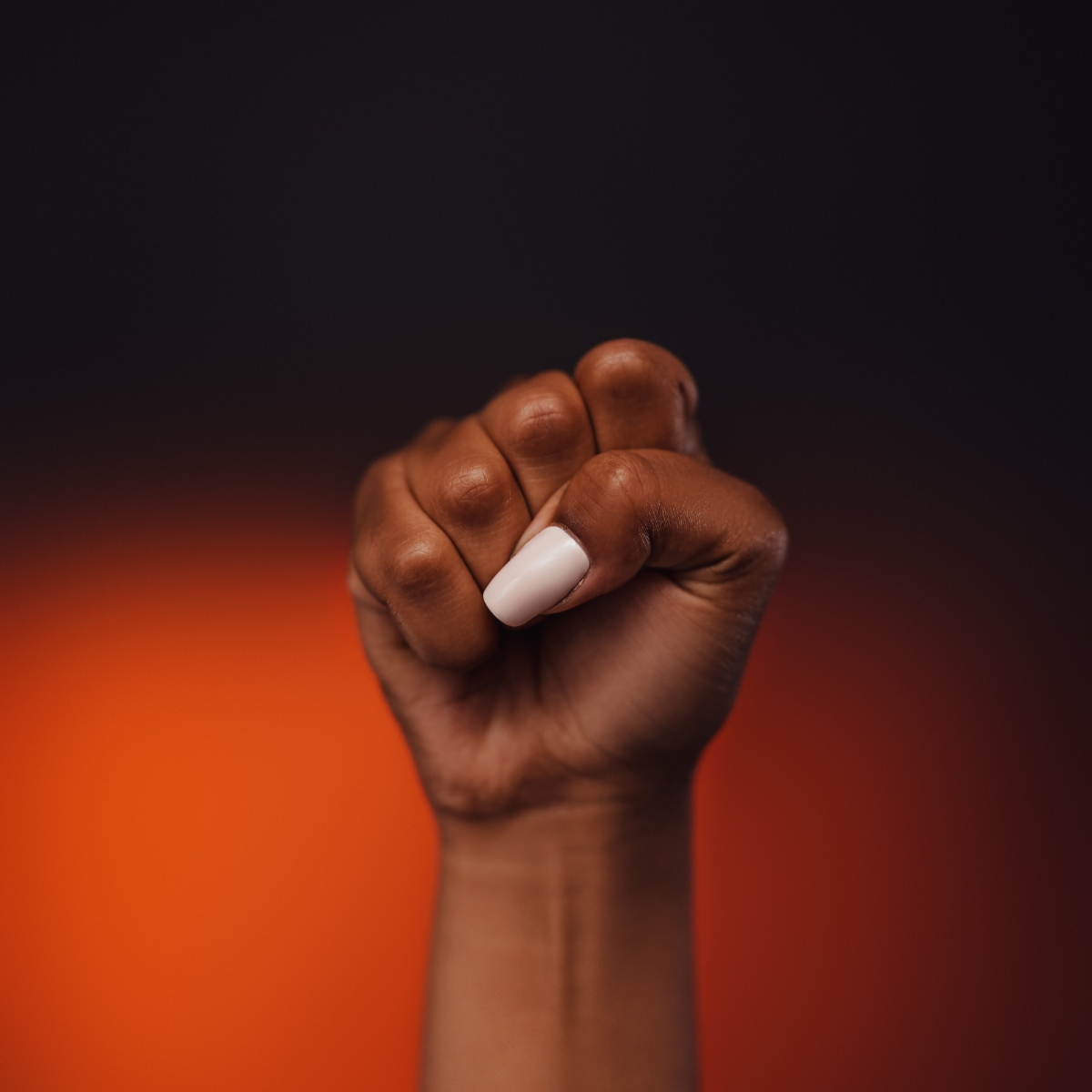The Fall of Venezuala
Once the richest in Latin America, the nation of Venezuela holds the world’s largest oil reserves. They have since begun to come, and rapidly, undone. Their democratically elected government, once a source of pride for the world, has unraveled; the economy is in tatters. Hyperinflation is controlling this nation, which has rendered day-to-day basic necessary food and medicine out of reach for much of the population. The murder rate is higher than it has ever been. In the past four years, the GDP has fallen by 35%, which is worse than when the U.S. experienced the Great Depression.
Since taking office in 2013, Maduro has systematically destroyed the country’s democracy and accelerating the fall of Veneuala. In the face of overwhelming public opposition—around 80% of Venezuelans who want him gone—Maduro has actually tightened his grip on power. In response to a 2015 opposition victory in the National Assembly, he replaced Supreme Court justices with loyalists, and the court stripped the Assembly of its powers, sparking deadly protests.
In a fiercely disputed 2017 vote, Maduro summoned the creation of a new Constituent Assembly that would concentrate power virtually in his own hands. Where his predecessor, Hugo Chavez, used Venezuela’s oil riches to fund strong social programs that left him with broad public support, Maduro’s penalizing mix of policies only ruined most people’s lives even more and initiated the down fall of Venezuala. The military controls the supply of food and profits from the crisis, a situation that helps Maduro stay in office. International backlash through condemnations and sanctions keeps coming, but Maduro keeps leading to the fall of Venezuela into deeper chaos.
Threat to Democracy and Humanitarian Rights
The fall of Venezuela is an epitome of how an authoritarian regime can add to the cumulative dismantlement of democracy and human rights. President Nicolas Maduro, since coming to power, has led the country from what was one of the most prosperous democracies down the road of an imminent dictatorship characterized by violence, repression, and horrible human suffering. The Maduro regime’s campaign of flouting and oppressing its people through a violent wave of attacks against unarmed demonstrators, businesses, civil society organizations, and political opposition at large. Since April, with a rise in protests, over 60 people have been killed, more than 1,000 injured, and nearly 3,000 detained, including civilians on trumped-up charges placed in military courts.
The Rise of an Autocrat
Maduro has answered opposition with consolidation of power, calling for a constitutional assembly to rewrite the Constitution of the nation and further entrenching his control, during the fall of Venezuala’s democracy. However, this constitutional assembly is widely regarded as a means to retain power, not truly to meet the needs of the people. The government of Maduro withdrew from the Organization of American States, thus turning its back on democratic principles.
Severe is the humanitarian impact of such actions. The healthcare system has collapsed. There is a shortage of medical supplies, resulting in preventable deaths. Malnutrition is rampant—75% of Venezuelans lost an average of 19 pounds because of food shortages. International condemnation didn’t deter Maduro from continuing to suppress dissent and blocking humanitarian aid. That, in turn, can be provided by free elections, which are the only possibility for the reestablishment of democracy, human rights, and dignity for the Venezuelan people.







